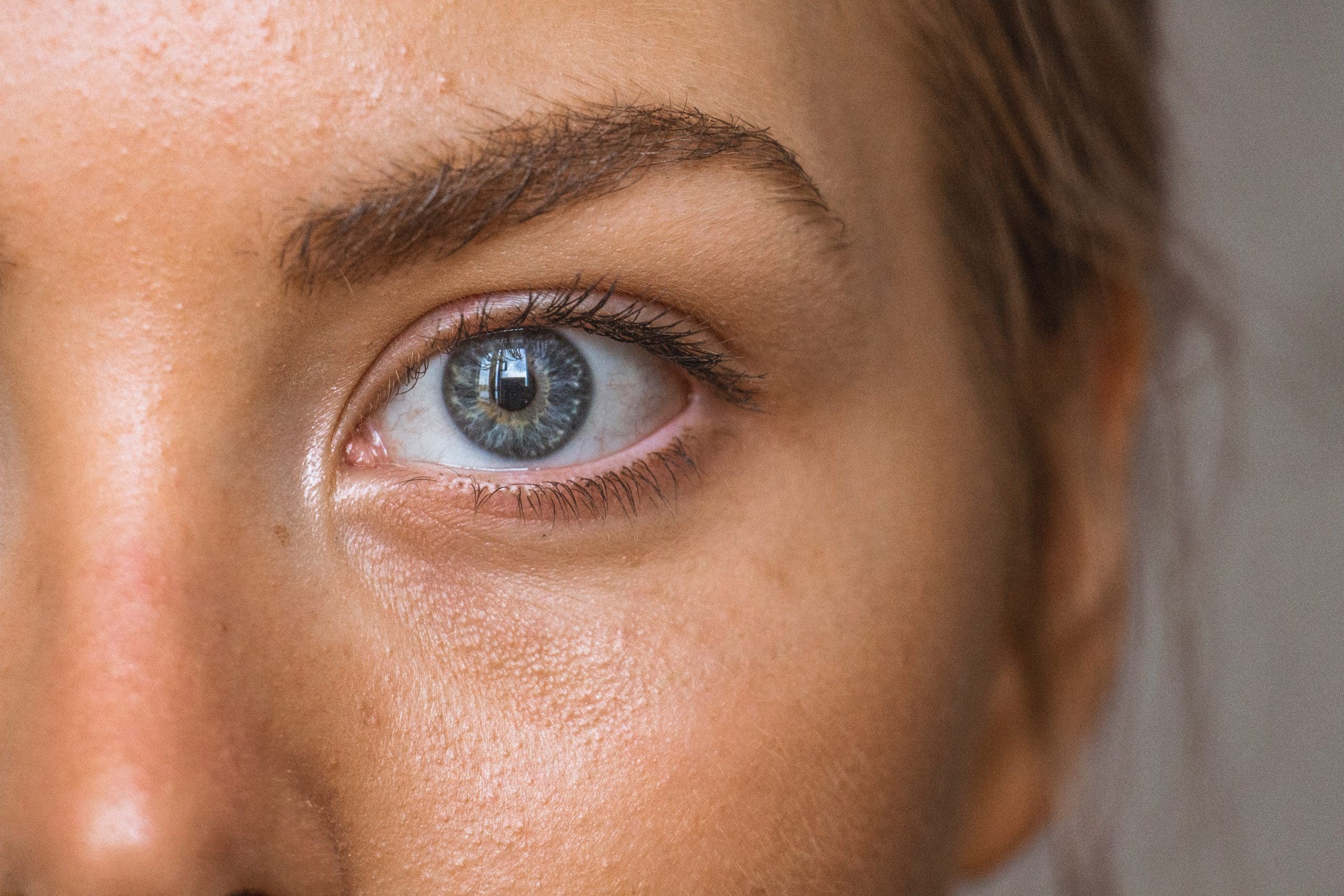Acne is a common skin condition that affects people of all ages. According to the American Academy of Dermatology (AAD), acne is the most common skin condition in the United States, and it affects approximately 50 million Americans each year. It is characterized by the appearance of pimples, blackheads, and whiteheads on the skin, and it can occur on the face, chest, back, and other areas of the body. Acne is caused by a combination of factors, including hormonal changes, genetics, and the build-up of oil and bacteria on the skin.
Acne is most common in adolescents and young adults, with around 80% of people between the ages of 11 and 30 experiencing at least some degree of acne. However, acne can also affect adults of any age, and it is not uncommon for people to experience acne breakouts well into their 30s, 40s, and beyond. Acne is more common in men than in women, and it is also more common in people with oily skin. People with certain medical conditions, such as polycystic ovary syndrome (PCOS), may also be more prone to acne.
There are several types of acne, including blackheads, whiteheads, papules, pustules, nodules, and cysts. Blackheads and whiteheads are clogged pores that have become plugged with oil, dead skin cells, and bacteria. Papules are small, red, tender bumps on the skin, while pustules are similar to papules but contain pus. Nodules are large, painful lumps beneath the surface of the skin, and cysts are large, fluid-filled sacs that are also painful and may cause scarring if they rupture.
Acne is often associated with puberty, as the hormonal changes that occur during this time can stimulate the production of oil in the skin. However, acne can also affect adults of any age, and it is not uncommon for people to experience acne breakouts well into their 30s, 40s, and beyond.
There are many treatment options available for acne, including over-the-counter and prescription medications, as well as various home remedies. Some common treatments for acne include topical creams and gels containing benzoyl peroxide or salicylic acid, which can help to kill bacteria and unclog pores. Oral medications, such as antibiotics and isotretinoin, can also be effective for treating acne.
In addition to medications, there are also a number of lifestyle changes that can help to manage acne. These include maintaining a healthy diet, avoiding picking or squeezing pimples, and using non-comedogenic skin care products that are designed to not clog pores. It is also important to keep the skin clean and well-moisturized, and to avoid using harsh soaps or scrubbing the skin too aggressively.
These are a few general recommendations in relation to Acne Care given by trusted dermatologists:
1. Use a gentle cleanser: Choose a mild, oil-free cleanser to wash your face twice a day. Avoid using harsh soaps or scrubs, as these can irritate the skin and make acne worse.
2. Apply acne medication: Use a topical acne medication as directed by your dermatologist. These medications may include benzoyl peroxide, salicylic acid, or retinoids, and they can help to unclog pores, kill bacteria, and reduce inflammation.
3. Moisturize: Even if you have oily skin, it is important to moisturize to keep the skin hydrated and healthy. Choose an oil-free, non-comedogenic moisturizer to avoid clogging pores.
4. Avoid picking or squeezing pimples: Picking or squeezing pimples can cause them to become inflamed and can lead to scarring. Instead, allow acne medications to work their magic and be patient.
5. Protect your skin from the sun: Use a broad-spectrum sunscreen with an SPF of at least 30 to protect your skin from the sun’s harmful UV rays. Sun exposure can make acne worse and can also increase the risk of skin cancer.
6. Use non-comedogenic makeup: If you wear makeup, choose products that are labelled as non-comedogenic, which means they are less likely to clog pores. Remove your makeup before going to bed to allow your skin to breathe.
7. Practice good skin care habits: Keep your skin clean, moisturized, and protected, and avoid touching your face too much. This will help to reduce the risk of acne breakouts and keep your skin healthy.
If you are struggling with acne, it is important to consult with a dermatologist or skin care professional for personalized recommendations. A dermatologist can help to determine the best treatment plan for your specific needs, taking into account the severity of your acne and any underlying factors that may be contributing to the condition. With the right treatment, it is possible to effectively manage acne and achieve clear, healthy skin.

